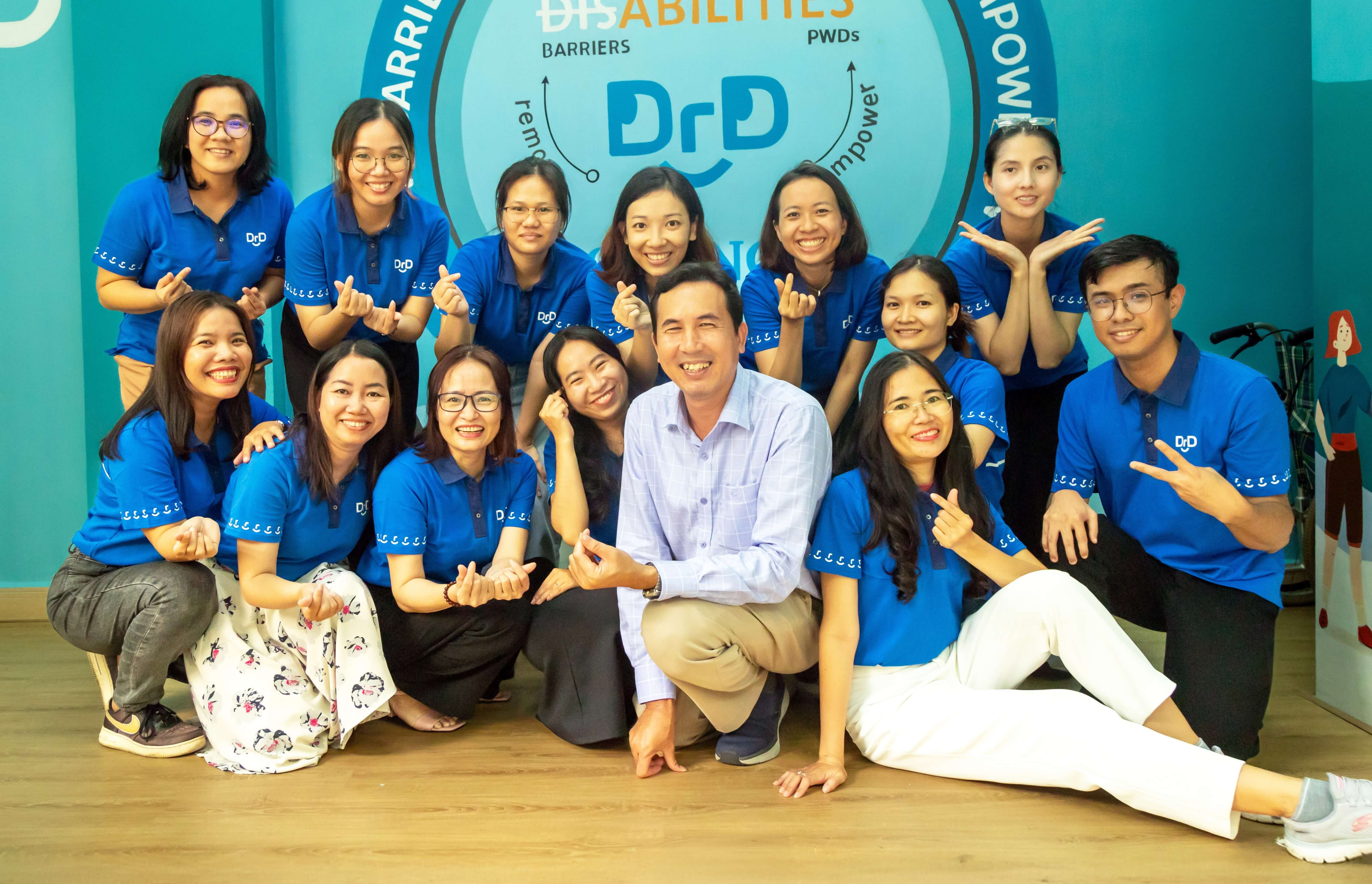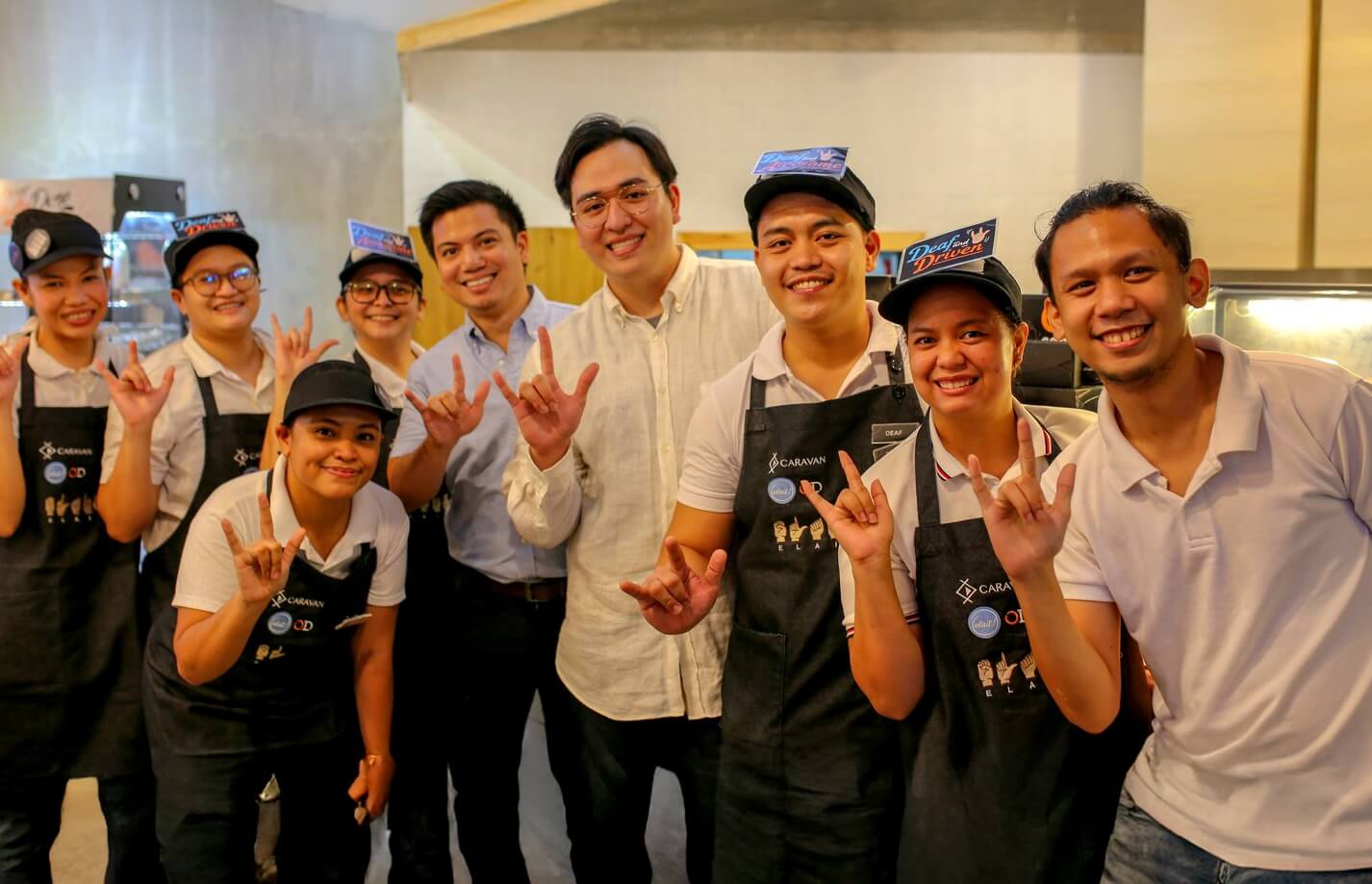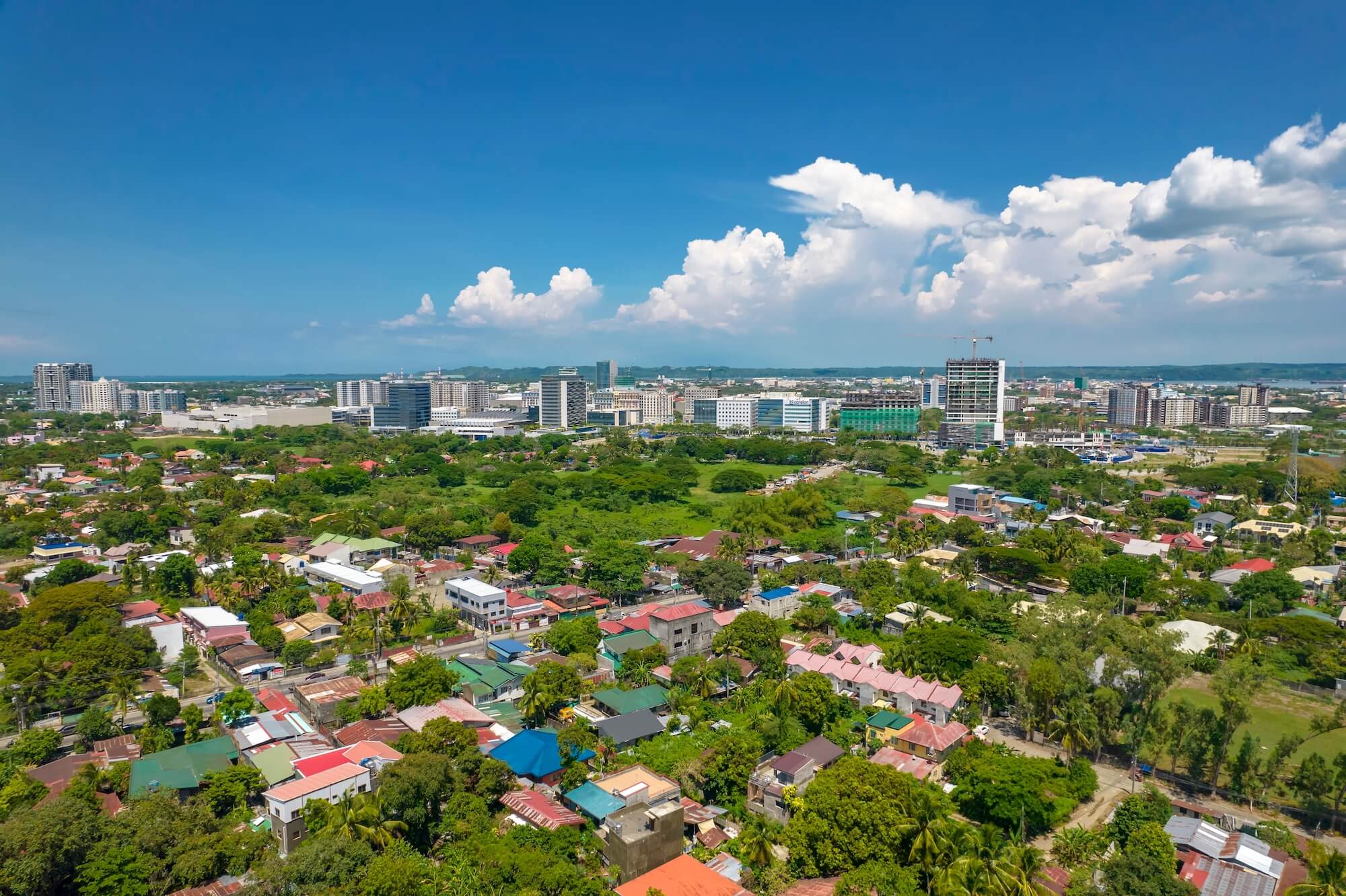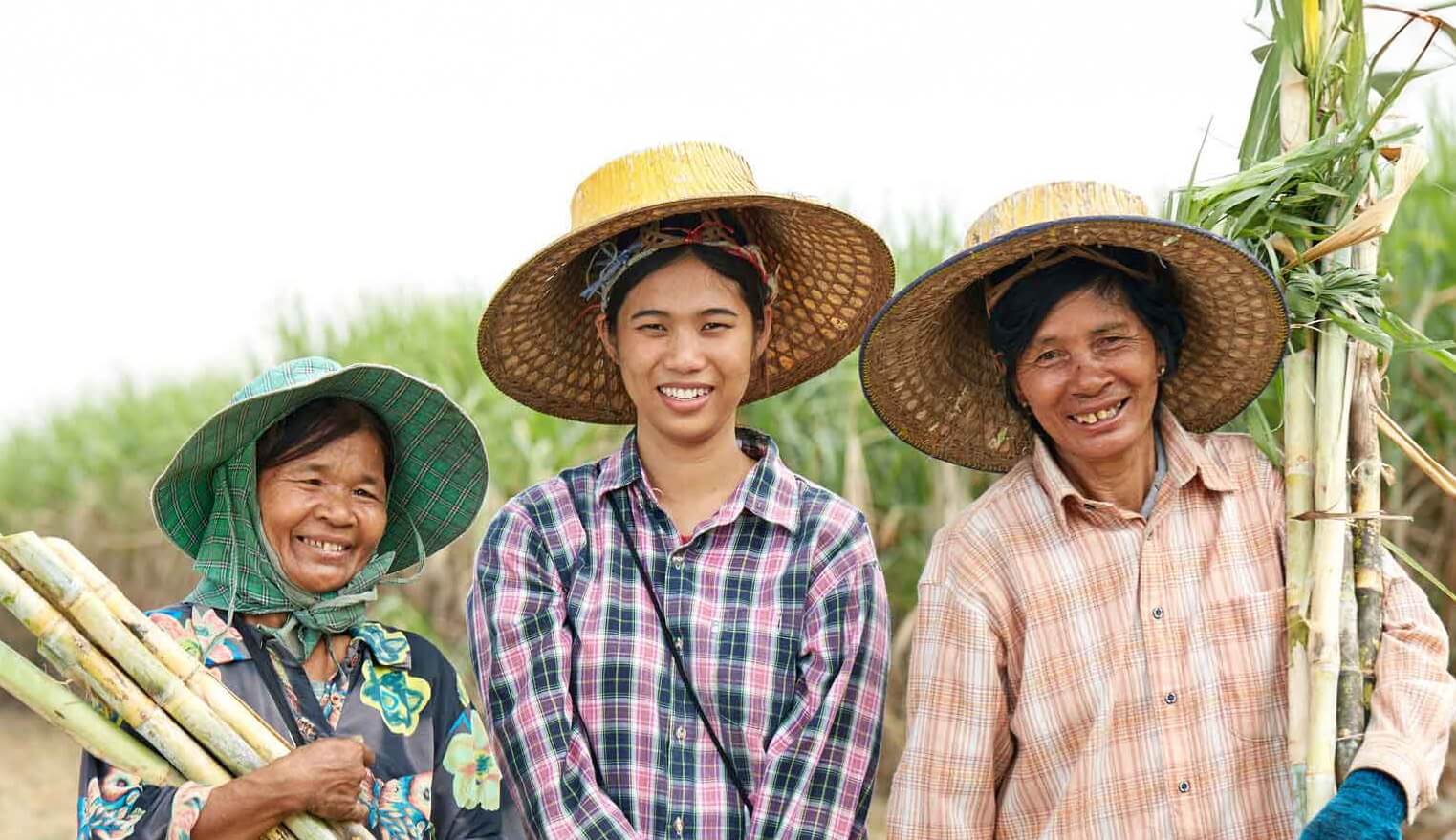




“The agritech sector across ASEAN has seen both remarkable successes and sobering failures.”
Thirty-five-year-old Aukrit Unahalekhaka shares this candid view with The ASEAN during our conversation.
The co-founder and CEO of Ricult, an agricultural technology startup, has worked in the field since 2016. He launched the company alongside Usman Javaid, a fellow master’s student from Pakistan at the Massachusetts Institute of Technology. He shares the same mission: to help farmers in their home countries.
Aukrit saw how agriculture once emerged as a promising frontier for digital transformation, with agritech startups flourishing during the region’s tech heyday. But by 2024, he also witnessed many of these ventures falter, with Southeast Asian companies facing sharp declines and mass layoffs.
Amid the turbulence, Ricult continues to thrive. More than one million smallholder farmers in Thailand and Southeast Asia now use the platform. Ricult functions as a full-stack digital ecosystem, offering tools that support farmers at every step of the value chain—from improving yields to accessing markets—while helping them prepare for climate-related risks.
Aukrit, who also serves as an advisor on Thailand’s National AI Strategy, shares his perspective on the crucial role of technology and innovation in food security and the agricultural sector, especially in the ASEAN region.
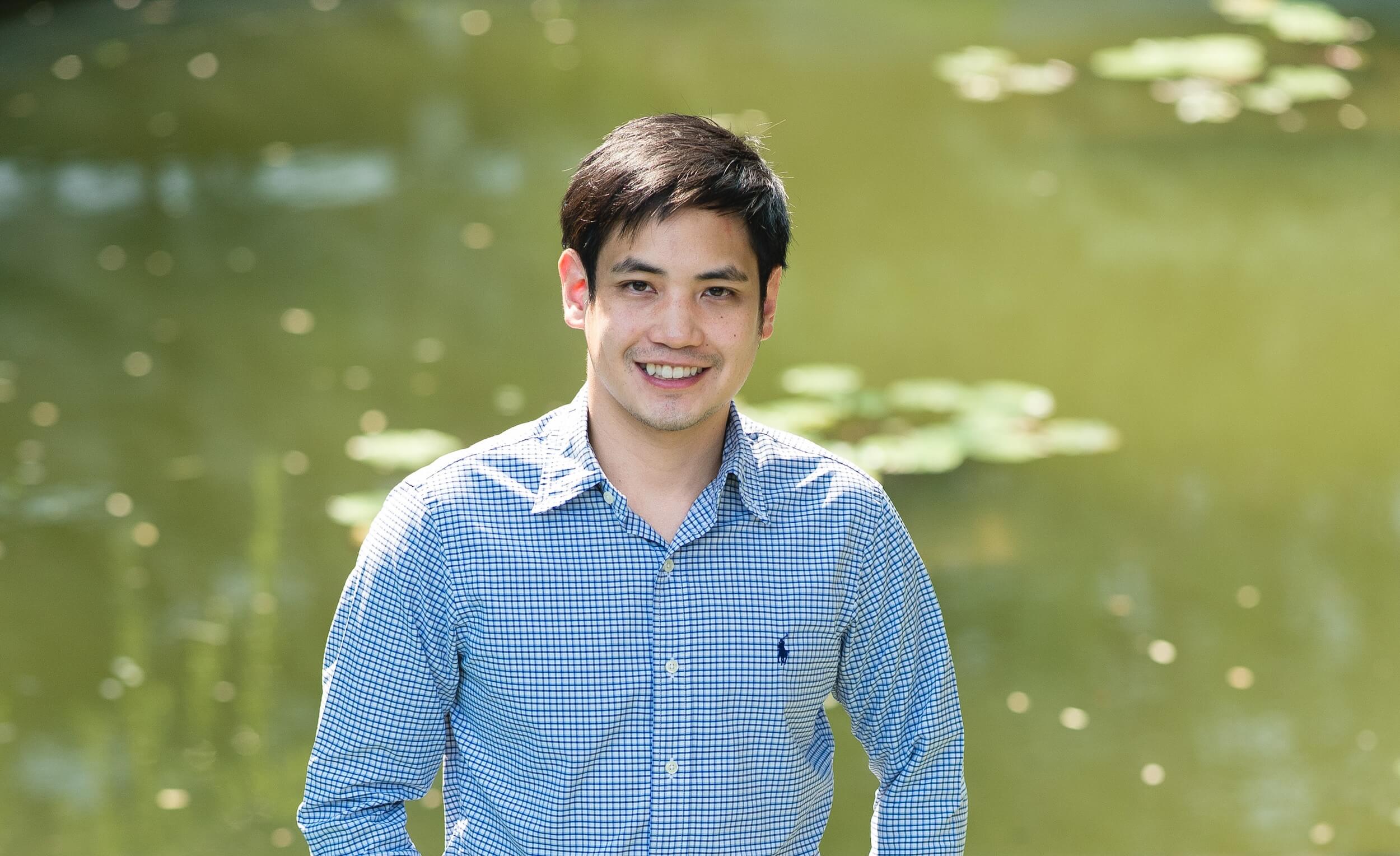
Ricult was born out of Aukrit’s realisation of a troubling paradox: Thai farmers work tirelessly to keep the country at the top of global rice exports and firmly on the map as a major food producer, yet many still struggle to make ends meet.
“Without prosperous farmers, Thailand’s food sovereignty and rural stability are at risk,” he says.
“Growing up in a farming family in Thailand, I witnessed firsthand the harsh realities faced by our agricultural communities. With farmers representing 40 per cent of Thailand’s population yet earning merely 200 US dollars monthly,” he adds.
Aukrit recognised that the core issue was not the absence of potential but a lack of tools. Thus, Ricult was not created to be just another farming app. It offers a holistic view of agriculture— what Aukrit calls a “digital ecosystem.”
For him, it all comes down to economic impact. Ricult focuses on services that help farmers earn more, like precision agriculture to boost yields, credit scoring to unlock affordable loans, and direct market access to secure fairer prices.
Through Ricult, farmers gain access to essential information and predictive analytics—such as which crops to plant on which days and the optimal time to harvest. This kind of data, Aukrit explains, is vital: “Farmers make dozens of critical decisions each season with incomplete data, while policymakers attempt to steer national food strategies without real-time visibility into production realities.”
“My work has focused on connecting these disconnected information ecosystems to create transformative results. When satellite imagery detects early signs of drought, both farmers and government agencies can respond proactively rather than reactively. When predictive analytics forecast price fluctuations, farmers can adjust planting decisions to maximize returns.”
More importantly, the platform measures real outcomes, not vanity metrics. Ricult farmers, he says, see a 20–30 per cent increase in profitability through higher yields and better prices.
“For someone earning 200 US dollars a month,” Aukrit adds, “that kind of transformation is life-changing.”
Many agritech solutions fail in emerging markets because they’re designed with Western, large-scale agriculture in mind. Ricult took another path: it was built from the ground up to serve smallholders, many of whom use basic feature phones and have limited digital literacy.
“Our user interface incorporates visual cues, voice messages in local dialects, and minimal text. This design approach came directly from countless hours in the field, observing how farmers actually interact with technology.”
Despite its scale, Ricult’s mission is far from complete. The team aims to reach millions more, but faces persistent barriers—especially poor rural internet connectivity and digital adoption gaps.
Many of the farmers they work with are in their 50s or 60s and have never used technology for their work. To address this, Ricult developed a hybrid model.
“At Ricult, we’ve addressed this by creating a hybrid model where younger, tech-savvy community agents help bridge the digital divide for older farmers. These ‘digital champions’ provide human touchpoints that technology alone cannot.”
But building trust is just as important as bridging the digital gap. Many farming communities remain sceptical of new solutions after witnessing a long line of innovations that failed to deliver.
“We’ve learned that technology adoption isn’t just about functionality—it’s about relationships. This is why we invest heavily in local presence, working with trusted community leaders and demonstrating tangible results before asking for wider adoption.”
Another challenge is climate change, which is accelerating faster than many smallholders can adapt. Ricult is working to improve its predictive analytics to issue earlier warnings, but the team still needs more granular data and better modelling tools.
Looking ahead, Aukrit and his team are also building tools that reward farmers for sustainable practices. Ricult plans to integrate green supply chain solutions and carbon credit generation, allowing farmers to earn income through carbon markets.
“These innovations represent the next evolution in our mission to increase farmer incomes while building climate resilience,” he says.
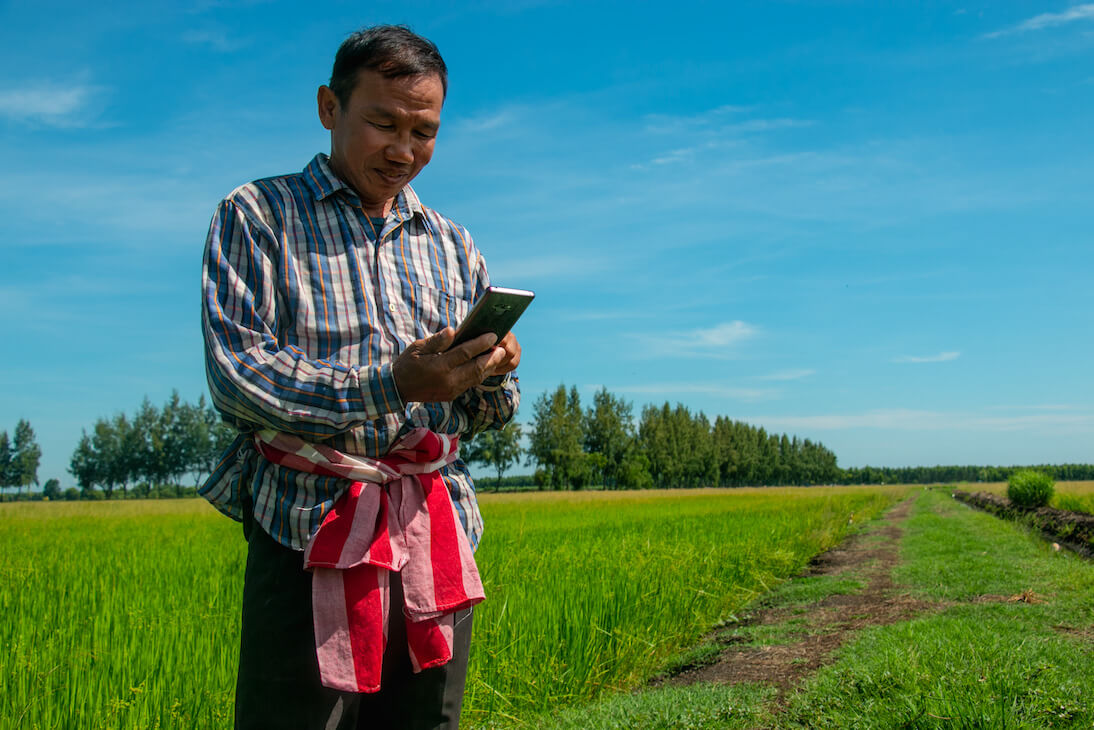
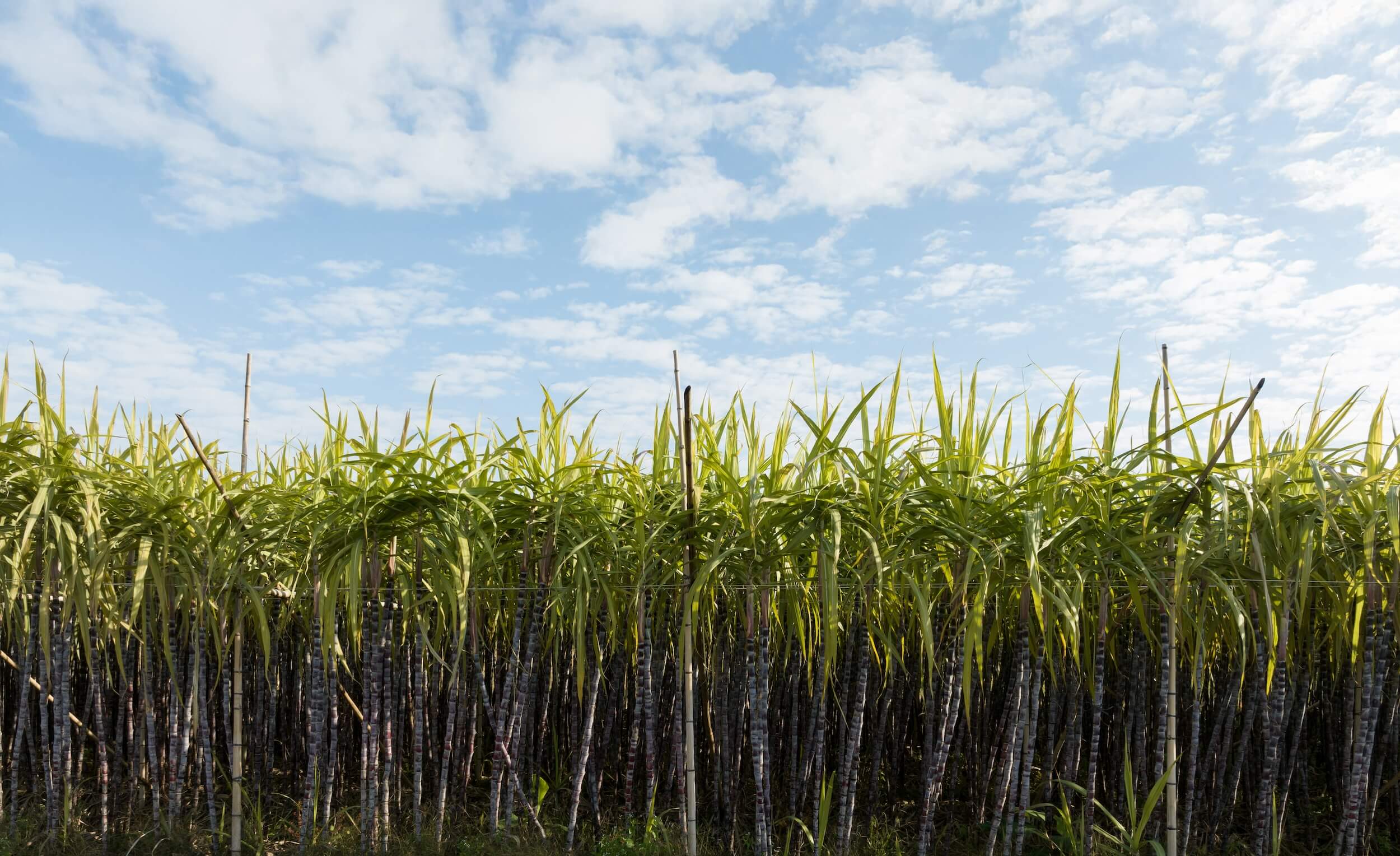
Food for thought for future innovators
Aukrit believes that countries shouldn’t try to copy others in the global push for technological dominance; instead, they should start with what’s already in their hands. While Silicon Valley and Shenzhen race ahead in AI, he says, Thailand’s strength lies elsewhere: in its agricultural roots’ deep knowledge and lived experience.
“Agriculture isn’t our economic past—it’s the foundation for our future prosperity if we intelligently blend our farming wisdom with digital innovation.”
This belief deepened during the COVID-19 pandemic. When supply chains collapsed, Aukrit saw the impact firsthand. Farmers with access to digital tools could adapt, while those without struggled to survive.
“What I’ve learned through implementing agricultural technologies is that by equipping farmers with predictive analytics and financial access, we’re not merely optimising individual farm operations—we’re strengthening entire communities and, by extension, national resilience. A farmer who can anticipate and adapt to changing conditions becomes remarkably more resilient, and this individual resilience scales up to system-wide stability.”
To future innovators across ASEAN, Aukrit emphasises that agriculture represents both the region’s greatest opportunity and its biggest challenge. The way forward demands patience, capital efficiency, and deep respect for the wisdom of farming communities.
“Build solutions with farmers, not just for them. Throughout my career, I’ve found that the most successful agricultural innovations are those that enhance human capability rather than attempting to replace it,” he concludes.
The views and opinions expressed in this conversation are solely of the interviewee and do not reflect the official policy or position of ASEAN.




